Astronomers have discovered a new, temperate sub-Neptune sized exoplanet with a 24-day orbital period orbiting a nearby M dwarf star.
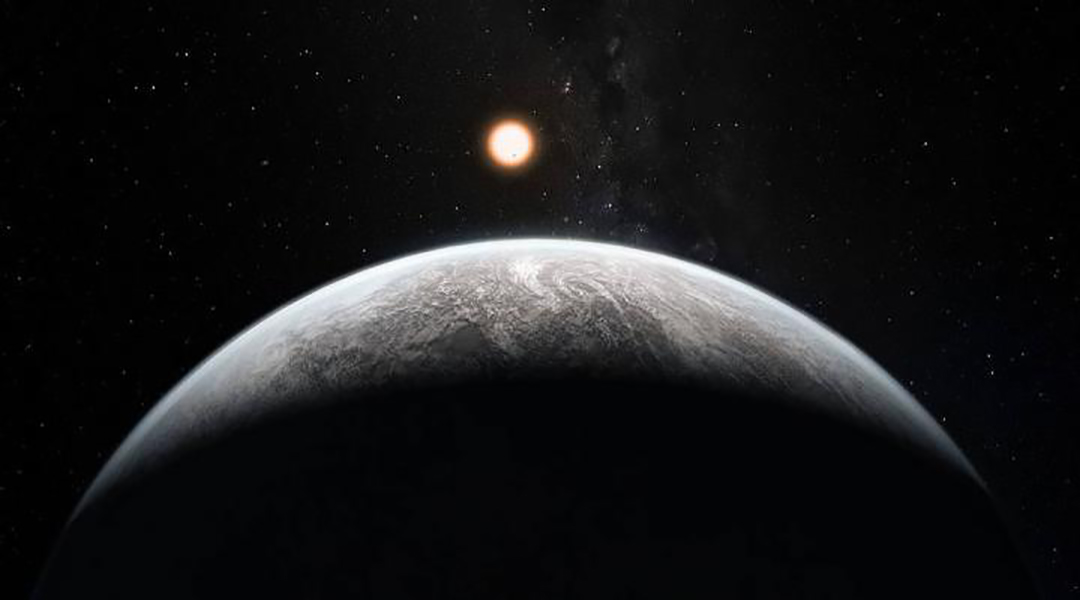

Astronomers have discovered a new, temperate sub-Neptune sized exoplanet with a 24-day orbital period orbiting a nearby M dwarf star.

Climate change is affecting snow depth on the Tibetan Plateau, which may provide trouble for communities at its base.
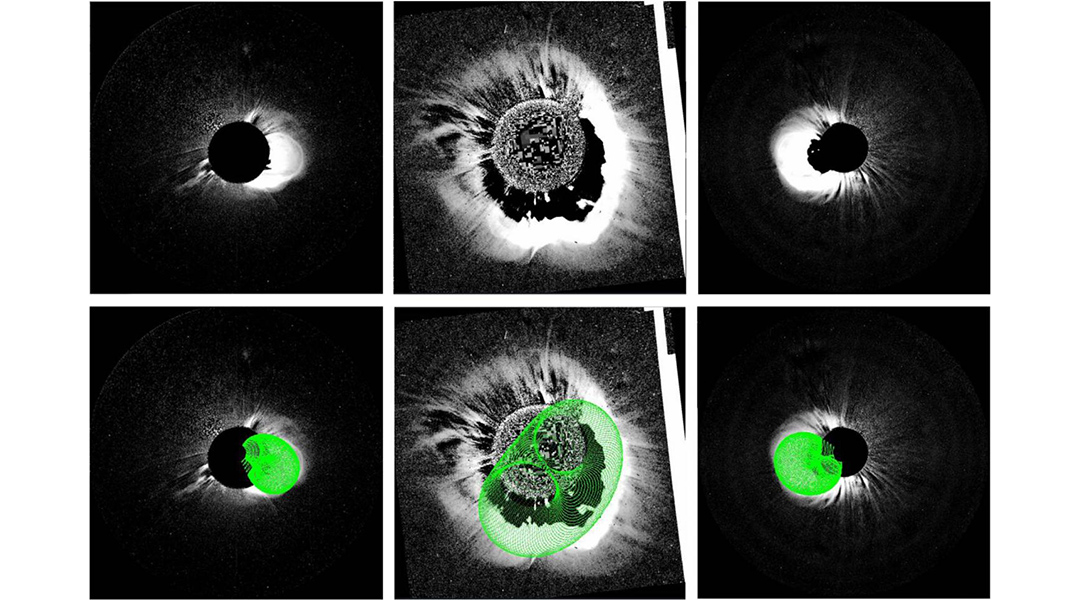
To many, space weather may seem like a distant concern, but predicting its effects on Earth are important for resilience against potential hazards.

Operating at the intersection of technology and biology, Neri Oxman is calling for a fundamental shift in the way we design and construct the built environment.

From astronauts to programmers and medical researchers fighting the COVID-19 pandemic, these women are pushing boundaries in STEM.

Increasing the mass of an electrode reduces power density due to the longer distance that ions and electrons must travel. Electrode designs need a rethink.

Computers relying on subatomic physics: what are quantum computers, and how will they revolutionize our computing abilities?
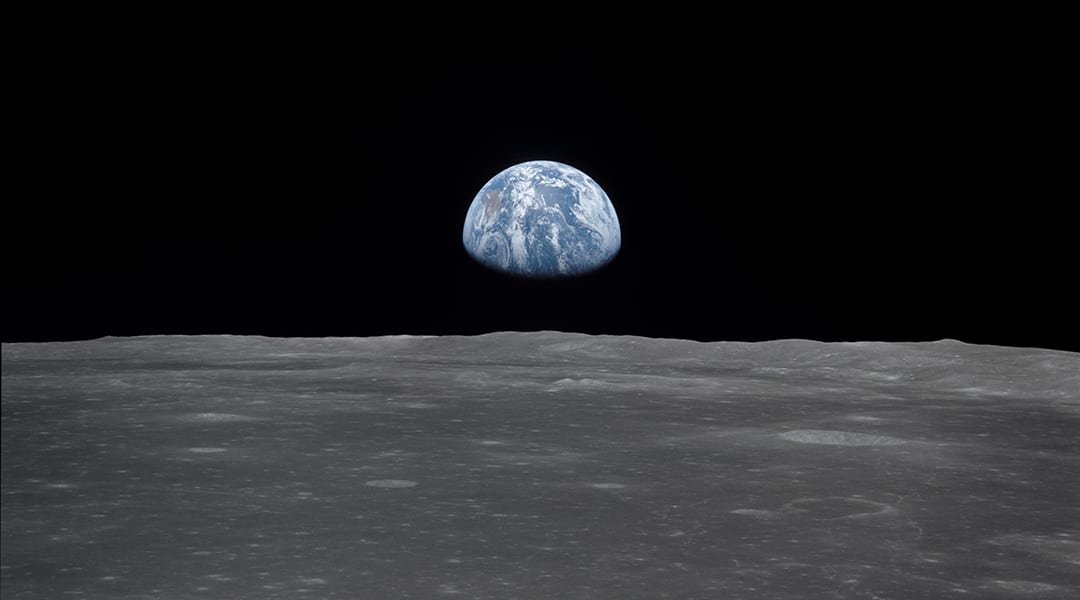
New research indicates that limited resources on Earth’s satellite could cause crowding and competition as site selection, extraction become reality.
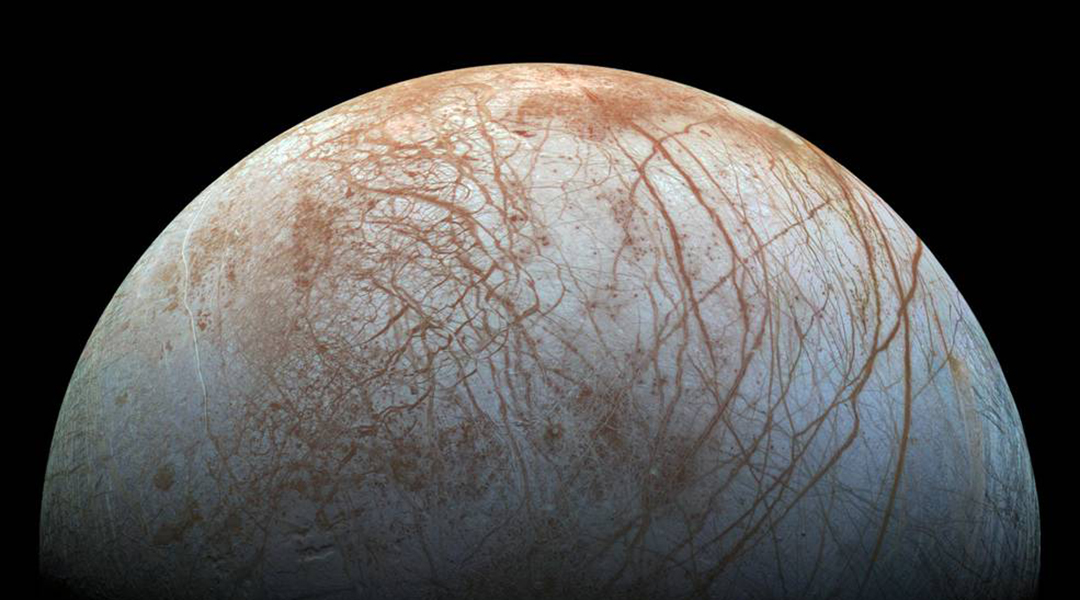
The gravitational push and pull by Jupiter’s moons could account for more warming than the gas giant Jupiter alone.
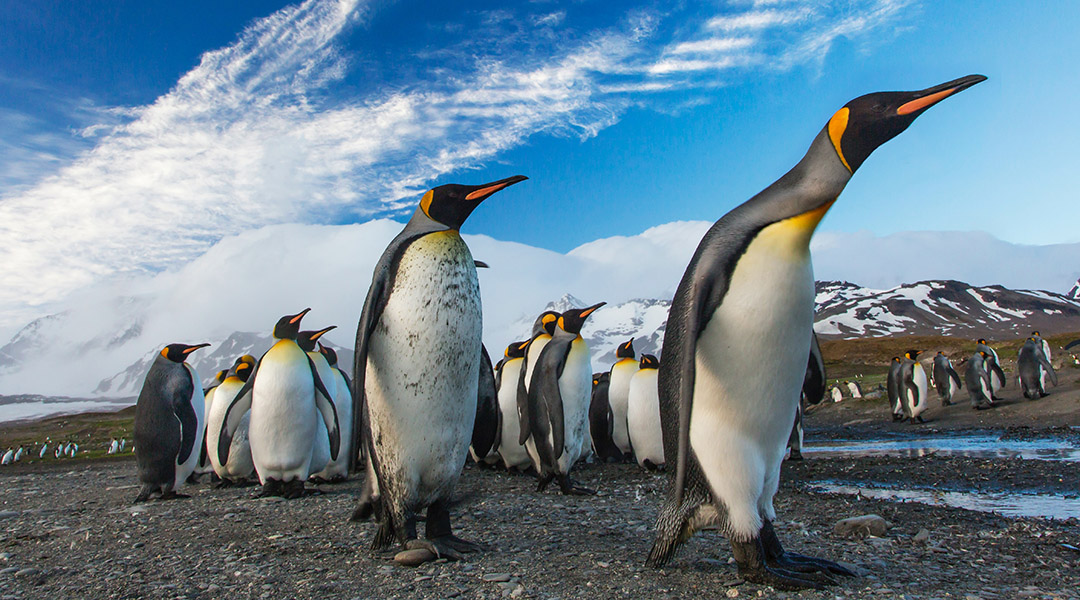
Guano stains on sea ice reveal 11 new emperor penguin colonies in Antarctica.